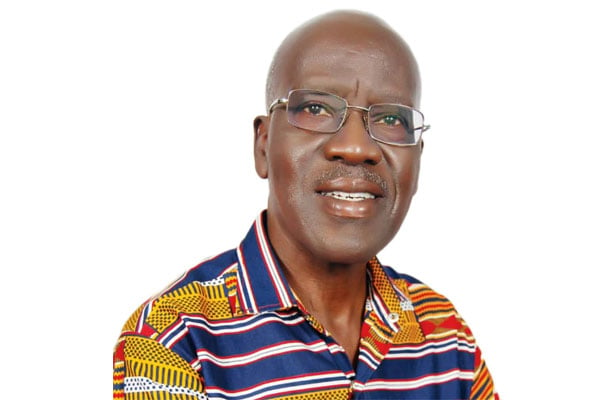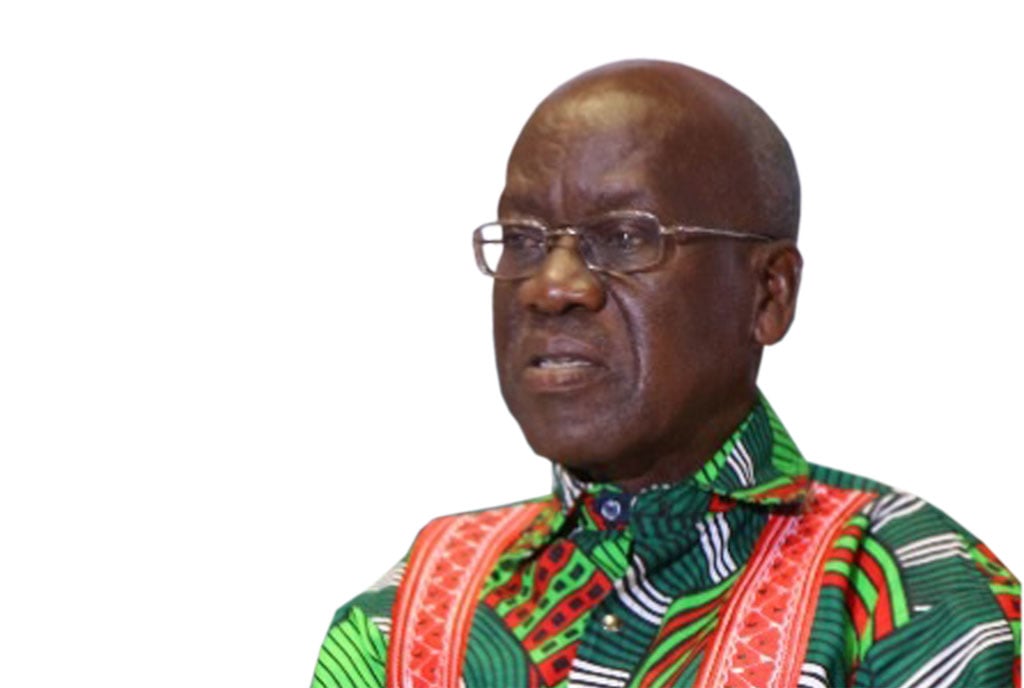Prime
When interview closed after three words

Prof Timothy Wangusa
What you need to know:
- He went around a couple of times listening to the conversations. The first time he came round to my duo, all that he could hear was a cliché that we had recently learnt by heart.
It may well sound incredible but it is true that I once experienced a very crucial interview which ended after only three words! It was at the beginning of the year 1956 following the publication of results of the Primary Leaving Examinations which my lot of Primary Six pupils had sat the previous year.
By the time we sat for those terminal exams in 1955 – written in English – our ability in that imported language was miserably rudimentary. Earlier in the year, our class teacher had one afternoon precipitated a hilariously embarrassing scene when he took our class out onto the grass and required us to pair up, each out of earshot from other pairs, and conduct conversations in English. He went around a couple of times listening to the conversations. The first time he came round to my duo, all that he could hear was a cliché that we had recently learnt by heart.
‘Do you live to eat?’ one of us asked, ‘or do you eat to live?’ ‘I eat to live,’ the other replied; and asked, ‘Do you live to eat, or do you eat to live?’ ‘I eat to live,’ was the answer.
The teacher proceeded to listen to the other conversations, giving each pair about one minute before moving on to the next one. When he came round to our duo again, he was more than amazed and amused to find us repeating the same bit of conversation as before!
‘Do you live to eat?’ one of us asked, ‘or do you eat to live?’ ‘I eat to live,’ the other replied; and asked, ‘Do you live to eat, or do you eat to live?’ ‘I eat to live,’ was the answer.
As the teacher moved away, we could not help heartily laughing at ourselves for putting up such a repetitive and comic show. But that was as much English as we could ably speak up till then. Earlier that term, the lowest point of our English competence had come about one morning when the P5 teacher, by arrangement with our teacher, had come over to our class and given us an English test on the subject of Tenses.
When the P5 teacher returned our scripts the following day, everyone of us had gotten wrong the past tense and past perfect tense of a word we had never seen or heard before – ‘freeze’. For the past tense, most of us had written ‘freezed’; and for the past perfect tense, we had written ‘freezen’. But the teacher did not get me to fully grasp the concept of ‘freezing’. If he had said something like it is what happens when rain turns into hailstones, I would have gotten it right there and then. Ironically, as my good star would have it, it was my incomplete understanding of the concept of freezing that was to propel me, at the beginning of 1956, into passing my interview to join secondary school – as soon as I opened my mouth!
That was at the interviews for admission to Masaba (Junior Secondary) School, conducted at Bubulo County Headquarters. During the morning session a good number of candidates were interviewed. My turn came early in the afternoon after a midday downpour which suddenly brought the temperatures down. By the time I entered the room to face the interview panel of three gentlemen, who included the white headmaster, I was shivering a little on account of the chilly atmosphere.
‘How are you?’ one of the African gentlemen asked me. And I innocently replied, ‘I am freezing.’ Whereupon all the three gentlemen burst into hearty, loud and prolonged laugher!
Evidently, my partial understanding of ‘freezing’ had now supplied the interview panel with some welcome comic relief. I was not asked any more questions. After my three words, I was informed that I had passed the interview with flying colours!
Prof Wangusa is a poet and novelist. [email protected]



